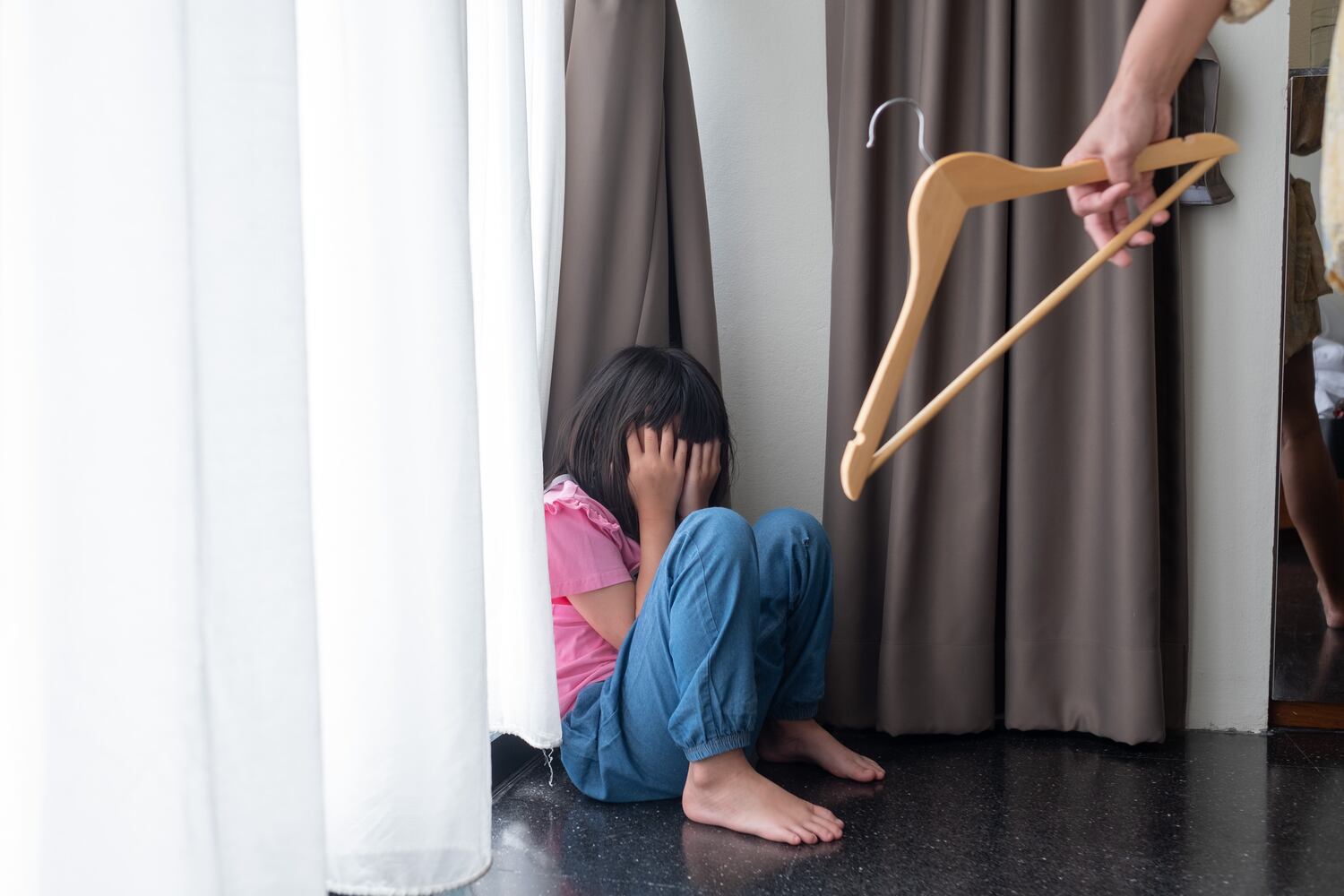
Some parents favor spanking as an effective tool when their kids do not listen or misbehave. This is because they feel uncertain and helpless about their kid’s behavior. However, others consider this method as abusive and harmful. Therefore a growing debate is always in place regarding whether spanking kids is good or bad?
Spanking uses physical force to discipline children. It is a form of corrective tool that is harmful. The process of hitting the child is also unethical, especially when parents react just out of anger. It can cause emotional distress in kids.
In This Article
- Is it ok to Spank Kids?
- What Happens When You Spank a Kid?
- Dangers of Spanking Kids
- Consequences of Using Spanking to Discipline Kids
- Neural Impact of Spanking on Kids
- Alternatives to Spanking
- Should You Seek Help as a Parent?
- FAQ’s
Is it ok to Spank Kids?
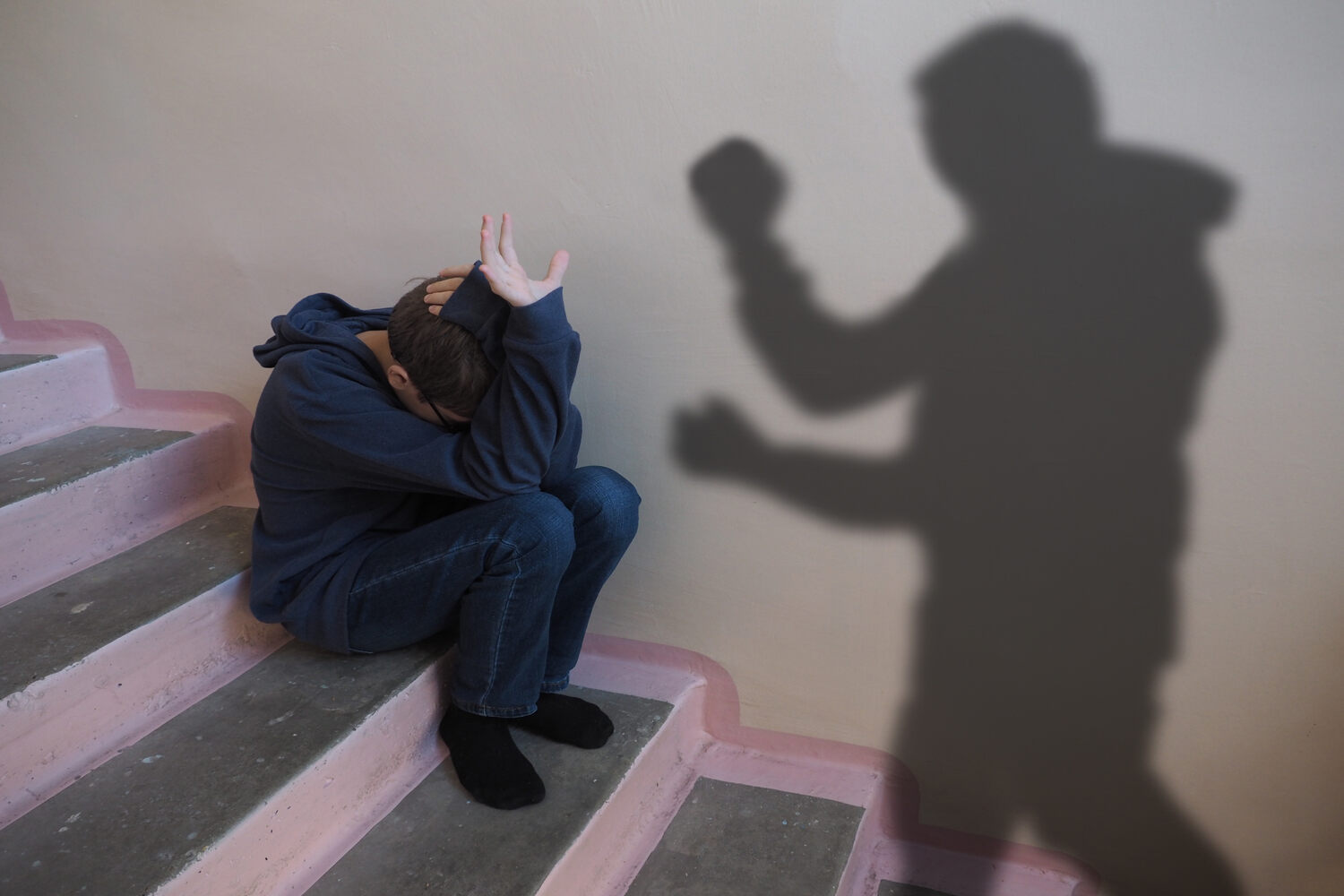
Spanking is used when kids misbehave, disobey, or fail to comply with the sayings of a parent. Most parents spank the kid because they are fed up with the kid’s misbehavior. Moreover, they are not aware of an alternative tool. Out of this anger, they might use spanking as a form of punishment to make their kids follow the rules of the house.
However, the act of hitting the child causes emotional pain in kids. The child grows up with intense fear. It also hampers his/her self-confidence. So, considering this negative impact, it is enough to claim that spanking kids is not okay at all.
Scientific research (1) says that spanking is not the best option to discipline a child. Too much hitting and physical force causes behavior problems in children. They might show aggressive behavior in later childhood. Research findings (2) have proved that harsh physical discipline leads to anxiety, unhappiness, and use of drugs in youth and adulthood.
What Happens When You Spank a Kid?
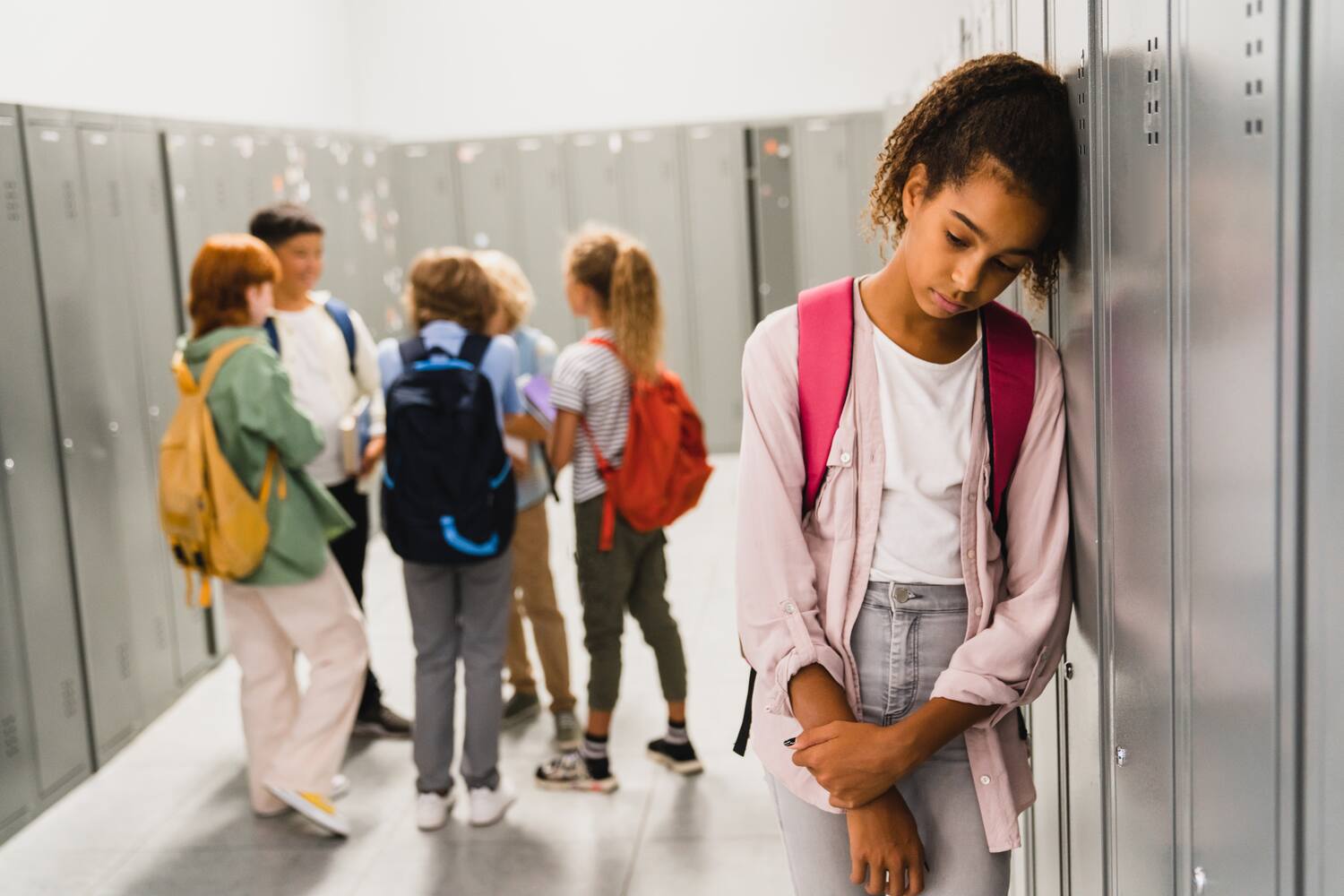
Spanking or any form of harsh physical punishment can cause conduct disorder, depression, and low self-esteem in adolescent years (3). Furthermore, spanking cannot teach the child the difference between right and wrong. It just gives the kid a message that violence and physical threats are used whenever they won’t listen to parental demands.
The process creates fear for the parent and damages the bonding of love and affection forever. Spanked kids never learn self-control. Thus, they might repeat the same misbehavior in some other instances in life where parents are not present.
Studies (4) have revealed that most people who use spanking as a disciplinary method have a childhood history of experiencing physical punishment themselves. These parents grow up believing that spanking is normal and can be used as a handy tool to discipline the child.
Dangers of Spanking Kids
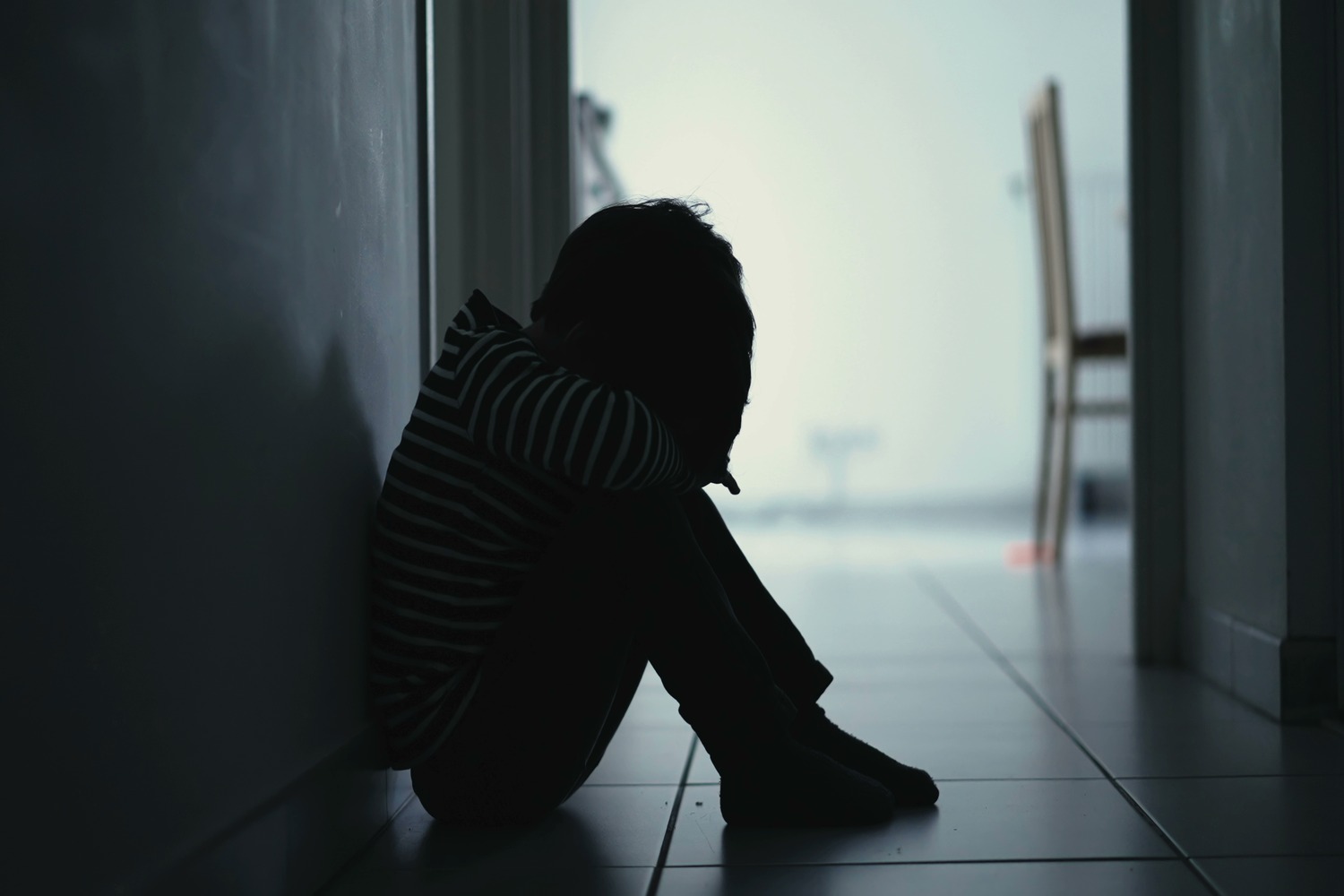
Spanking usually has many forms. It can be used as slapping, hitting on the back, pulling ears, and even using palm to strike a kid’s buttocks. The psychological dangers of spanking kids are many, like-
- Fear or shock
- Feelings of loneliness
- Following parents’ demands immediately
- Guilt feelings
- Fearful of parent’s next course of action
- Shame and humiliation
- Considers violence and hitting as a way to get disciplined in life
- Damages parent-child relationships
Consequences of Using Spanking to Discipline Kids
Some parents consider spanking as an all-purpose solution for misbehavior. But study findings (5) have proved that spanking is harmful and is a less acceptable form of disciplinary tool. The likely consequences are –
1. Spanking is Painful
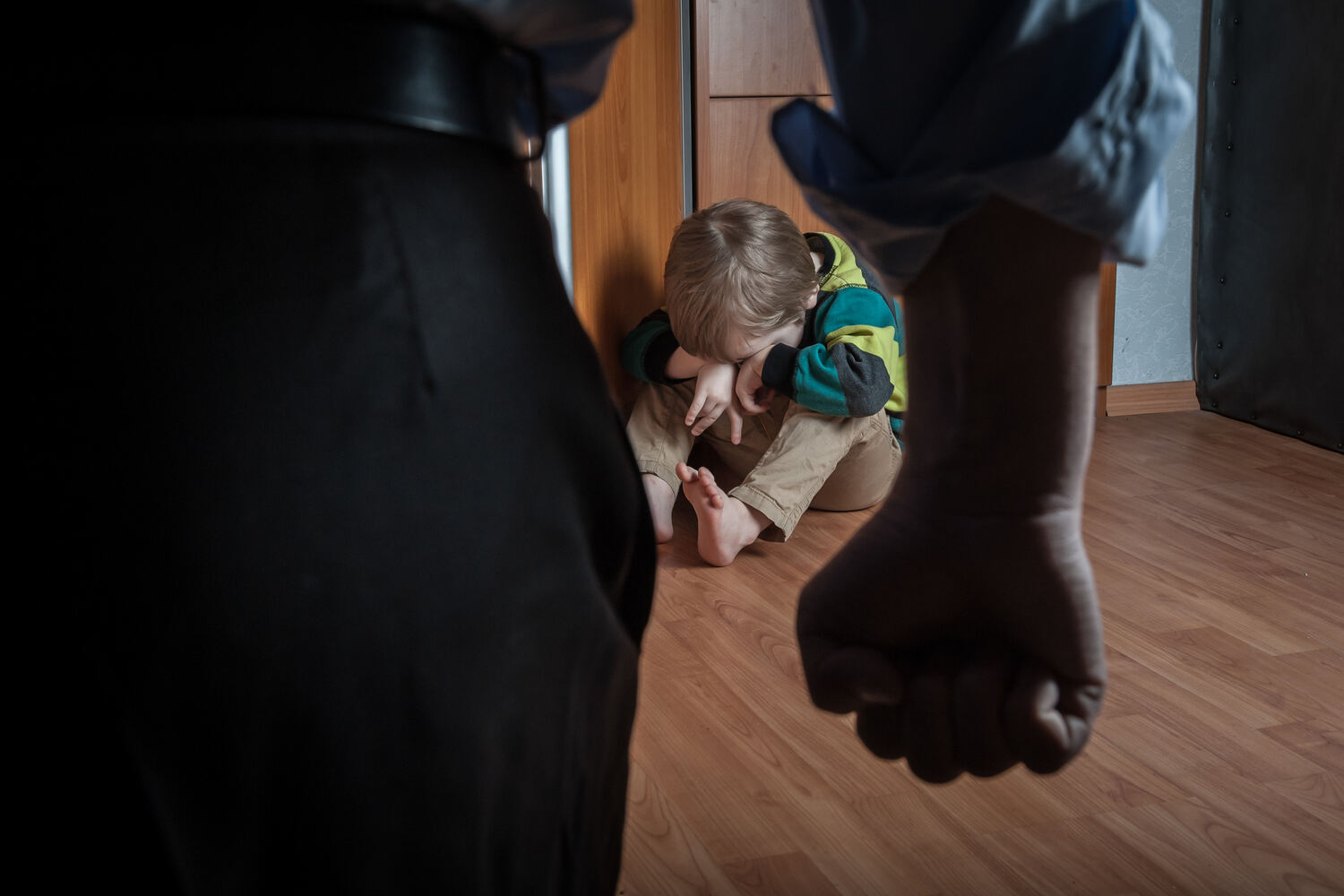
Any form of physical force is a painful experience for the child. They may cry a lot, feel fearful of the situation, and try to hide all those household things that the parent might use to spank them. Spanking causes both physical and emotional pain.
2. It Never Teaches Exact Discipline
Spanking cannot teach discipline. Instead, the child learns to fear in front of the parents. They might repeat the same misbehavior elsewhere.
3. It is a Violent Process
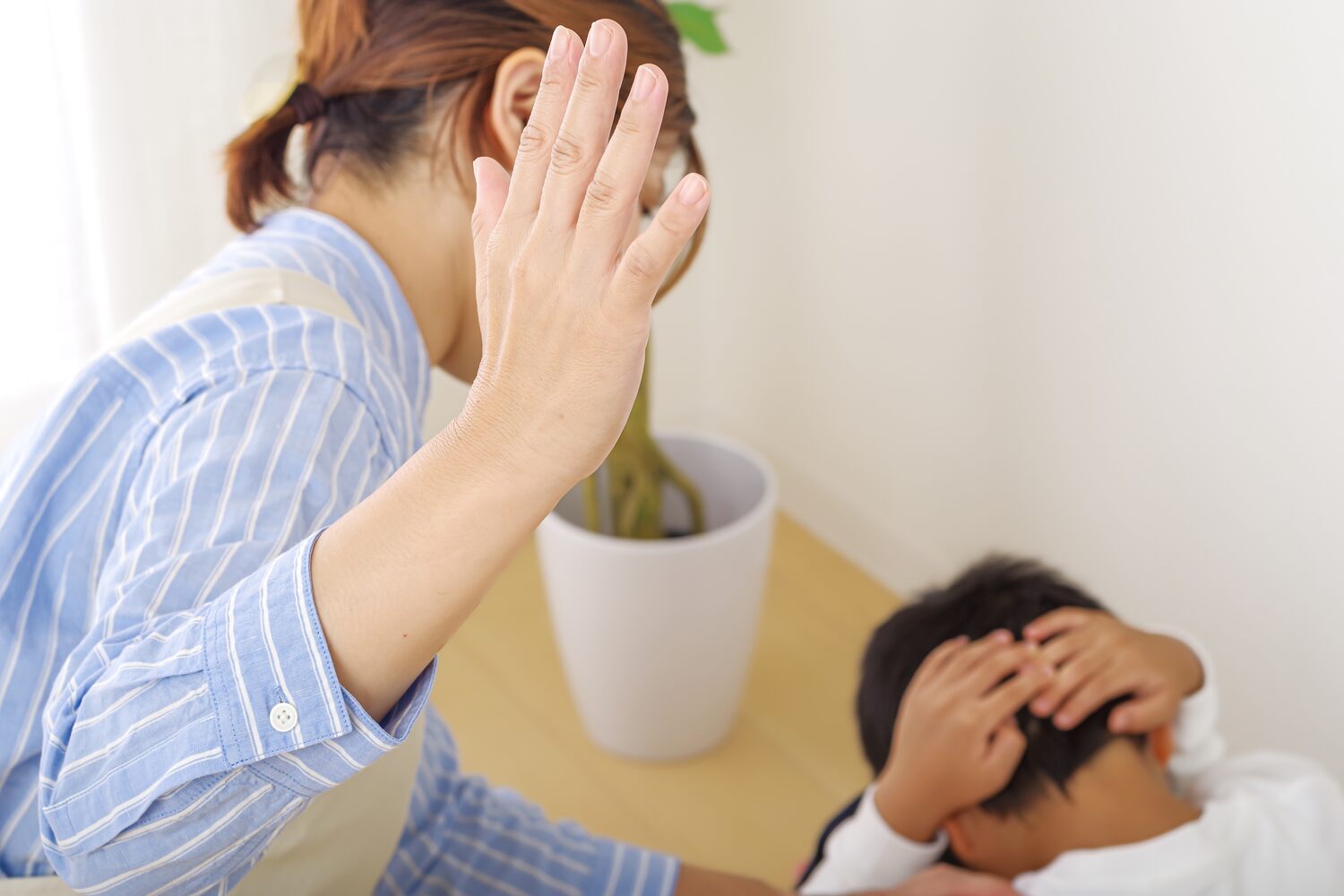
Spanking involves violence. It sends a message of anger. It can damage a child’s emotional wellbeing. The immediate consequence will be fear, avoiding the parent who thrashes a lot. Therefore, spanking leads to poor trust in relationships.
4. Spanking Increases Kid’s Aggression
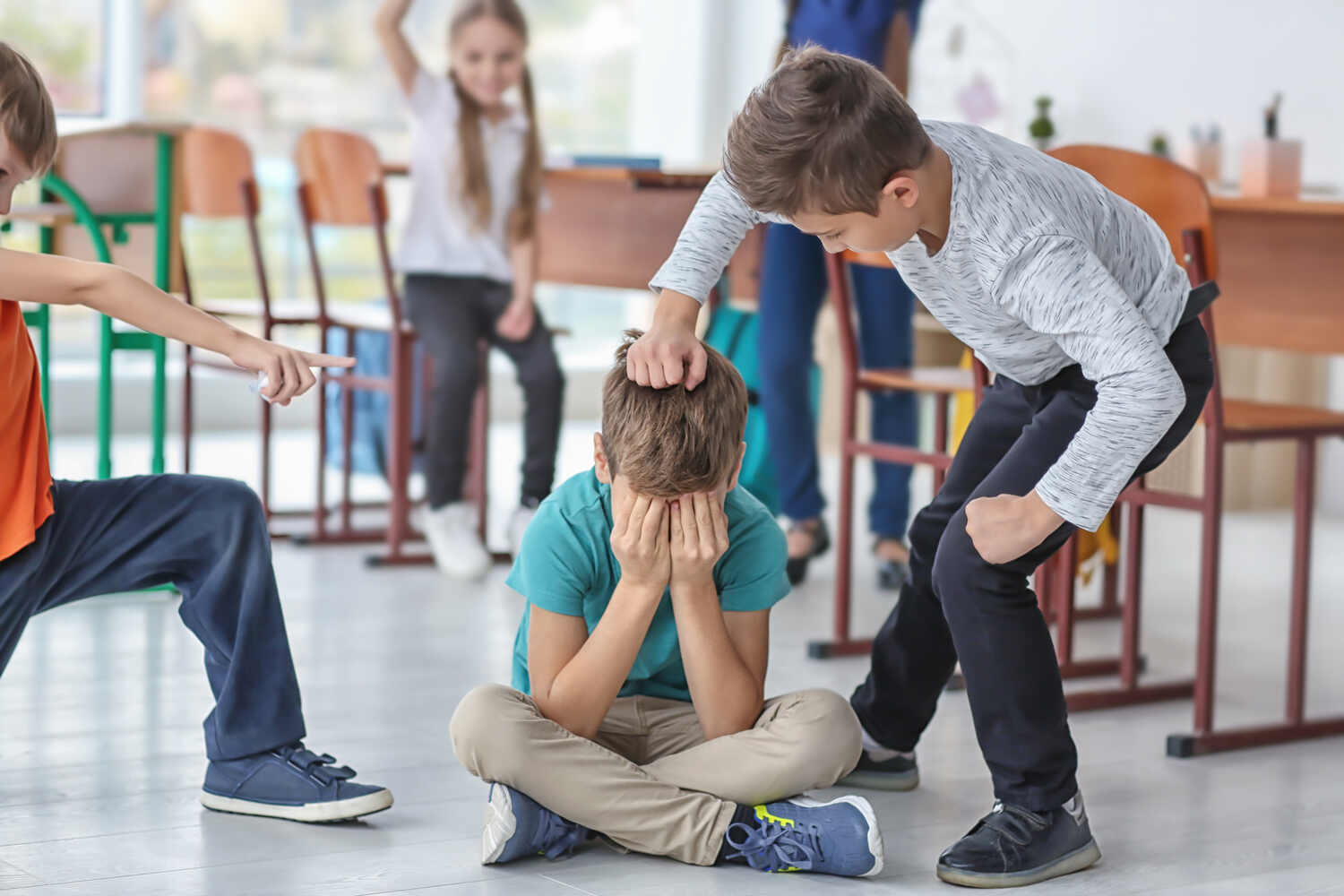
Research reports (6) show that spanking can lead to more anger in kids. They may use hitting as a tool to abuse their friends in school. Spanked kids use physical force with their peers and it can lead to serious fight issues and injury in school.
5. It is Insulting For Kids
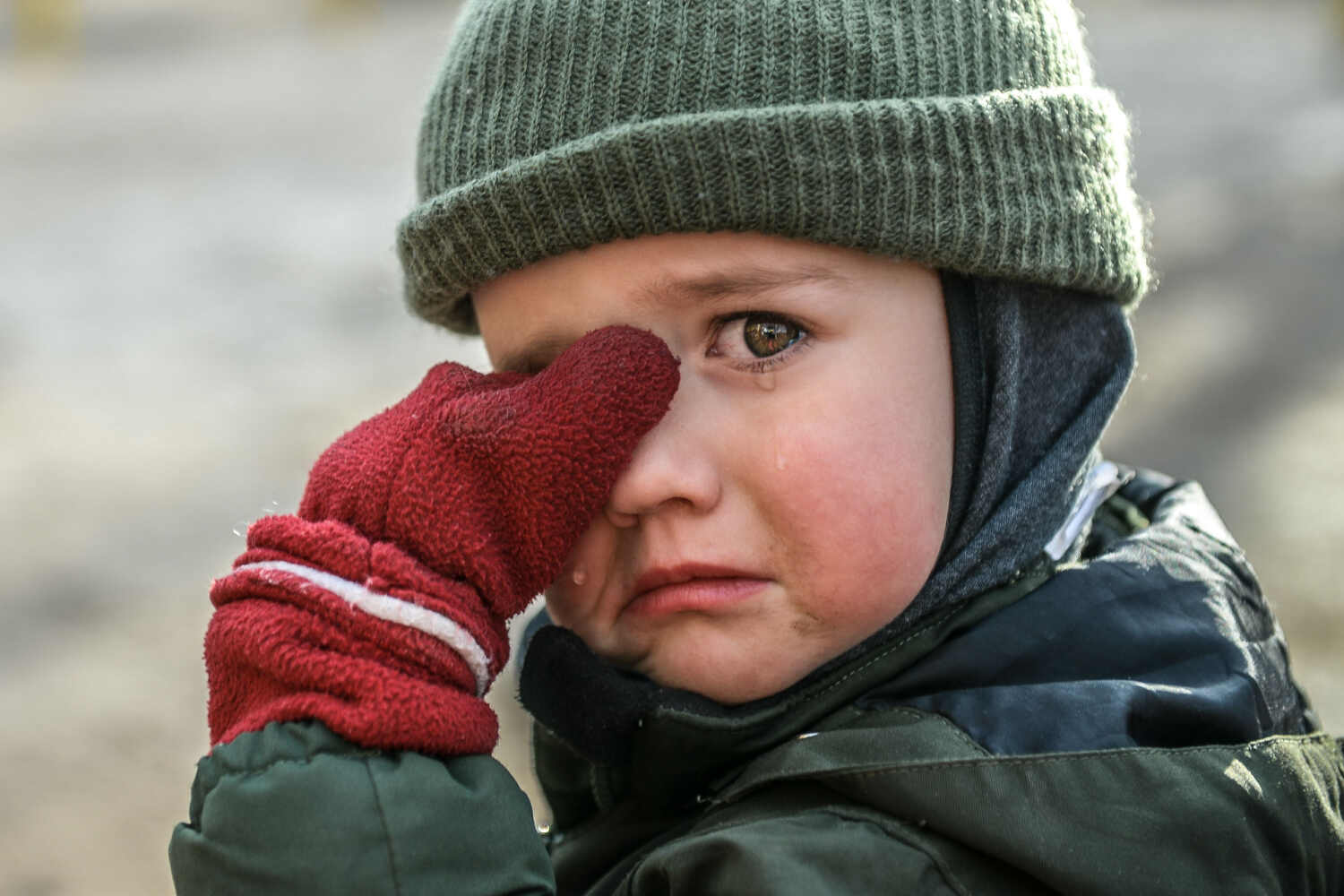
Spanking causes emotional damage to the child. It teaches fear, guilt, and loss of trust in parents. Moreover, it is demeaning to the child. The kids suffer from low self-esteem and feel insulted at home in front of their siblings.
Neural Impact of Spanking on Kids

Spanking can have adverse effects on a child’s neural development. Research suggests (7) it may alter brain structure and function, impacting emotional regulation to a large extent. Their stress response will always be anxious. Moreover, spanked kids have poor attention span, and memory lapses are common. Thus, spanking can potentially lead to long-term behavioral and mental health issues in kids.
Alternatives to Spanking
A child’s misbehavior never gets corrected through spanking and physical force. Instead, parents should use alternative methods to teach discipline to their young ones. Here are the 5 best-fit techniques to discipline the child instead of spanking them-
1. Change The Surrounding

If the child is playing with a TV remote, the parent can offer them a favorite toy instead. If two kids are fighting for the same object, the parent can take it away from them without hitting the kids. When change of a setup occurs, the behavior of the child also changes instantly without any tantrums.
2. Ignoring The Misbehavior That is Not Serious

Sometimes, it is best to ignore the child if they are not messing up with something dangerous. When you stop attending to their every move, they will also change their course of action readily. Avoid nagging, shouting, and hitting them out of anger.
3. Depriving Them of Privileges
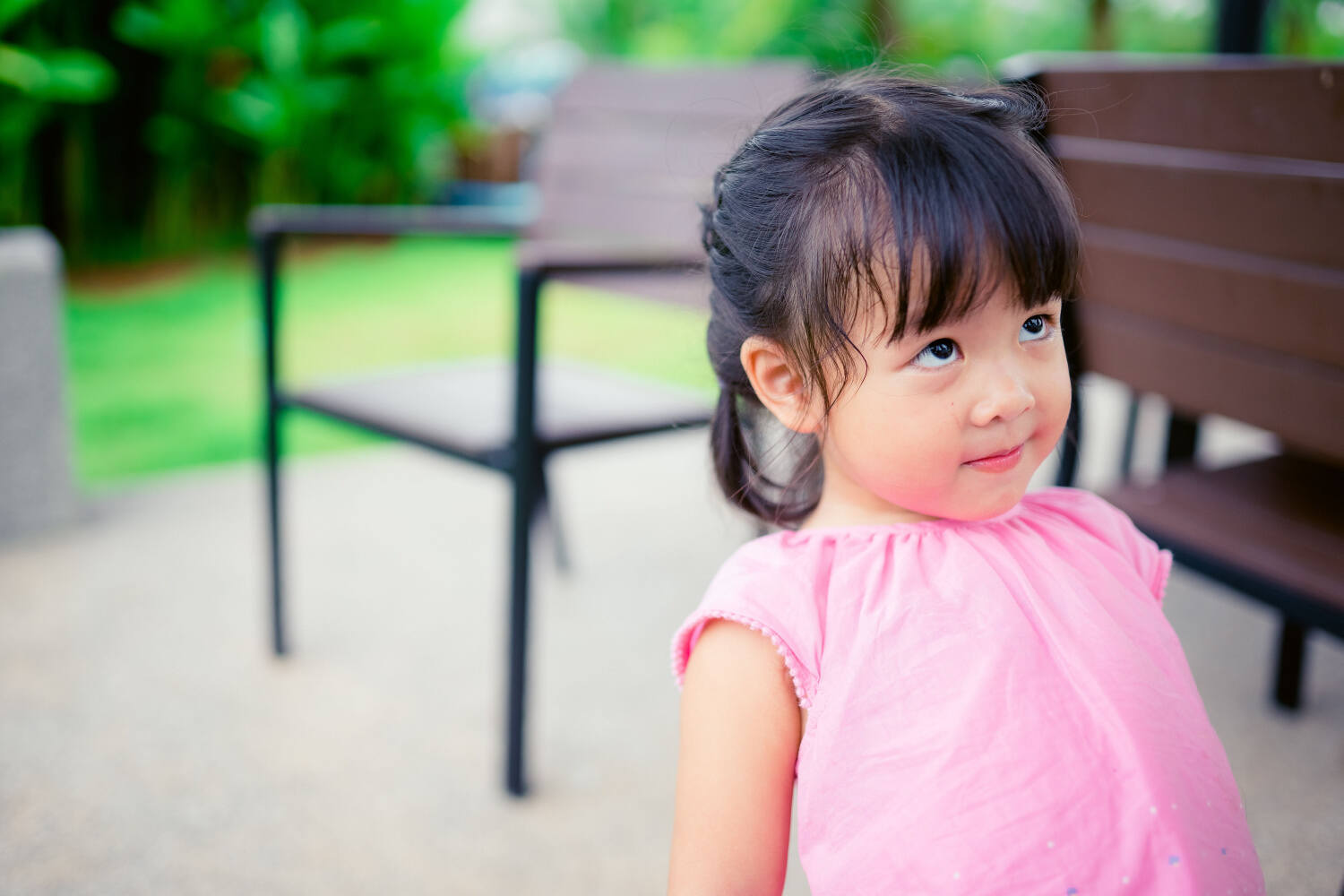
The parent can let the child know that if they misbehave, they will lose out on privileges. It could be a chocolate, or a toy, and even a play date with their peers. The goal is to make the child aware that good behavior and obeying parents can earn rewards. They should learn from the mistakes they made.
4. Praise Their Little Efforts

Parents should appreciate it if the kid picks up all the toys on their own after the playtime is over. This praise motivates them to continue doing the same act every day. Catching them doing well and ignoring minor mistakes can always help in discipline.
5. Teach Them New Skills

Parents should act as role models and teach the right kind of behavior to the child. For example, they should teach kids to remove their shoes and keep it only in the shoe rack after returning back from school. The parent can act out the same themselves after returning from office. In this way, the kid knows what is expected from them.
Should You Seek Help as a Parent?
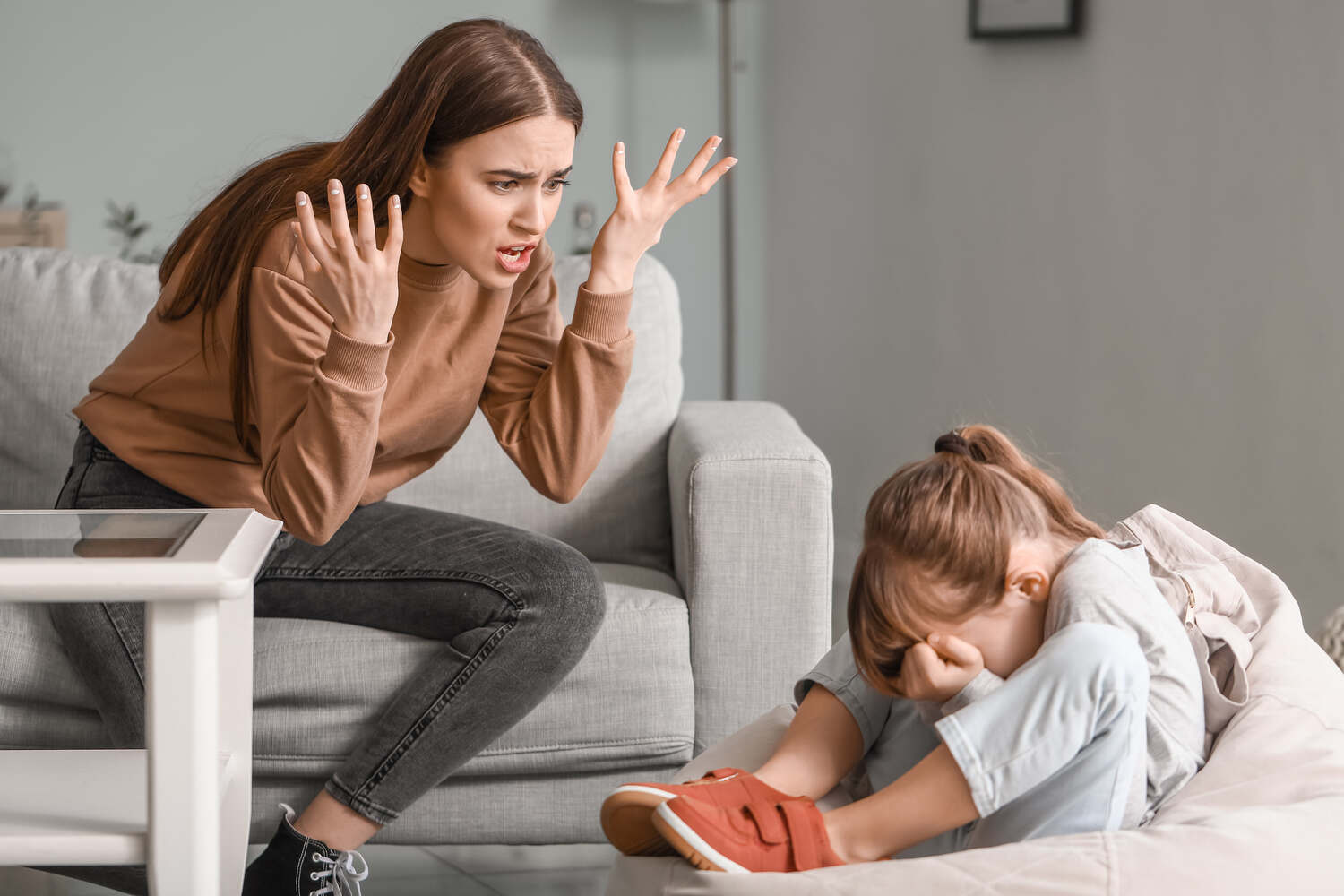
If you think that your anger outbursts are always on your kid, then it’s time to review your mental state as well. Sometimes, with too much work pressure and daily hassles take away your peace of mind.
As a parent, your patience may lower and your response to the child’s misbehavior is fueled with anger. Thus, you may need help as a parent. Sometimes, your anxiety and stress finds a relief through spanking your little one. This is unhealthy coping and needs to be corrected.
At times, parents might think that a quick strike is the ultimate solution to a kid’s misbehavior, especially in times when the parents themselves are stressed-out. However, spanking kids set a tone of fear in the household. The kids grow up in an environment of dread. It can lessen their self-confidence and learning ability forever. So, it needs to be avoided completely.
FAQ’s
1. Do Spanked Kids Behave Better?
No, spanked kids do not behave better. Instead, they live with fear, guilt, and sadness in early childhood years. Later on, the fear turns into anger and violence.
2. Do Kids Remember Getting Spanked?
Yes, kids remember getting spanked because of the physical pain, crying spell, and sadness associated with it.
3. At What Age Can a Child be Spanked?
The exact age varies across cultures. Usually, 3 to 8 year old kids are more prone to get spanking or other forms of physical punishment.
References
- Strengthening Causal Estimates for Links Between Spanking and Children’s Externalizing Behavior Problems – [https://www.ncbi.nlm.nih.gov/pmc/articles/PMC5771997/]
- Physical punishment of children: lessons from 20 years of research – [https://www.ncbi.nlm.nih.gov/pmc/articles/PMC3447048/]
- Use of harsh physical discipline and developmental outcomes in adolescence – [https://www.ncbi.nlm.nih.gov/pmc/articles/PMC3390918/]
- Corporal punishment by parents and associated child behaviors and experiences: A meta-analytic and theoretical review – [https://psycnet.apa.org/record/2002-01514-001]
- Spanking and Child Development: We Know Enough Now To Stop Hitting Our Children – [https://www.ncbi.nlm.nih.gov/pmc/articles/PMC3768154/]
- The Research on Spanking and Its Implications for Intervention – [https://www.apa.org/act/resources/webinars/corporal-punishment-gershoff.pdf]
- Corporal Punishment and Elevated Neural Response to Threat in Children – [https://www.ncbi.nlm.nih.gov/pmc/articles/PMC8237681/]
